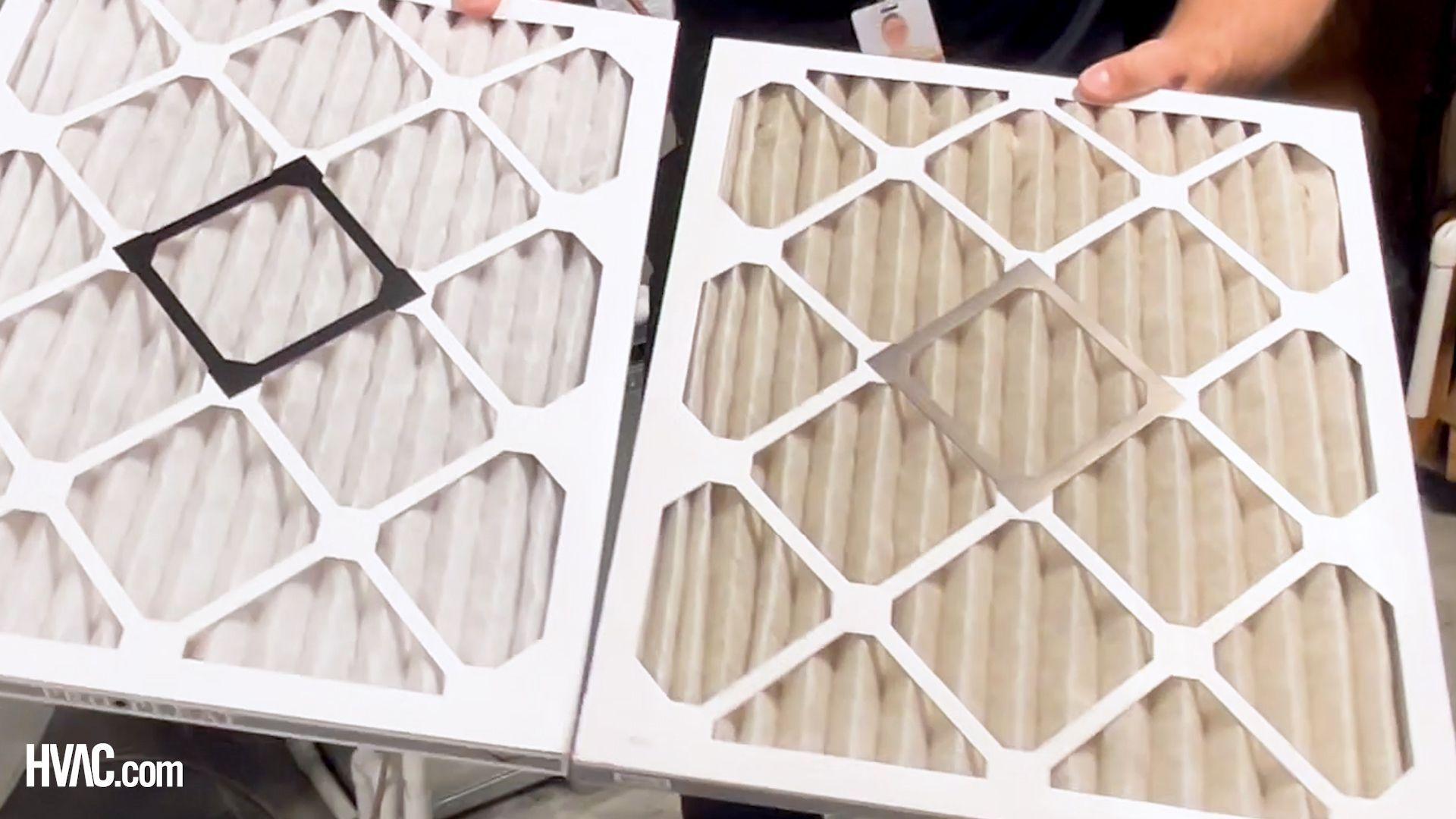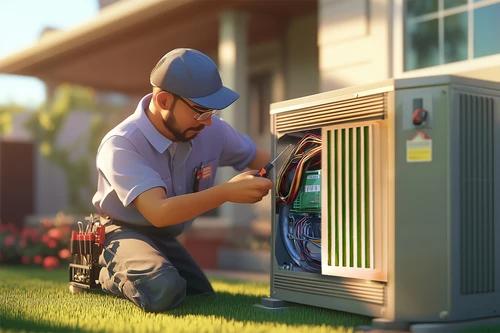What Are the Benefits of Changing Your Air Filter?

If you’re like most people, finding time for home maintenance can be a challenge, but one task that should stay at the top of your list is changing your HVAC system’s air filter. Regularly changing air filters is a simple task that offers several benefits for both your system and your home, making it well worth the effort.
How Often Should You Change Your HVAC Filter?
In general, it’s a good idea to check the filter’s condition once a month and replace it every 1 to 3 months. Factors such as the type of filter and the conditions in your home affect how often a filter should be replaced. For example, homes with pets, allergies, or high dust levels may need more frequent changes, while high-efficiency filters can last longer. If you’re unsure, refer to your HVAC owner’s manual for manufacturer recommendations on filter replacement.
The Importance of Changing Air Filters Regularly
Protect Your HVAC System
The primary function of an HVAC filter is to protect your heating and cooling system from dirt, dust, and contaminants. Over time, filters become clogged and restrict airflow, causing the system to strain and potentially overheat. This can also lead to costly issues like a frozen evaporator coil, blower motor issues, system shutdowns, or premature wear on components.
Boost Efficiency and Lower Energy Bills
Do your energy bills seem high? A dirty filter forces your HVAC system to work harder to meet your temperature setting, which means longer cycles and higher energy consumption. By replacing filters on a regular schedule, you can help your system run more efficiently, potentially saving up to 15% on energy bills, according to the U.S. Department of Energy.
Improve Air Quality
Upgrading to a high-efficiency air filter can significantly improve your home’s air quality by capturing tiny particles such as pollen, pet dander, dust mites, mold spores, and even bacteria and viruses. This is especially important for improving indoor air quality and reducing allergens, making it beneficial for those with allergies, asthma, or other respiratory issues.
Extend the Lifespan of Your HVAC System
Blocked airflow from a dirty filter can cause your HVAC system to wear out faster. Replacing filters every 1-3 months can help your system last up to 15-20 years, reducing the need for costly replacements prematurely.
Invest in Regular HVAC Maintenance
While changing your heating and cooling system’s air filter every couple of months is a great DIY task to keep your HVAC unit running properly and efficiently year-round, you still need to invest in regular maintenance twice a year – once before the heating season and again before the cooling season.
During an HVAC tune-up, a technician will inspect the entire system and look for any issues that require repair. They will also clean necessary parts, tighten electrical connections, inspect the thermostat, and test all components to ensure they’re working properly.
Since it can be difficult to remember to schedule an HVAC maintenance appointment twice a year, consider enrolling in a company’s preventative maintenance plan. These plans typically cover two maintenance visits a year, as well as other perks such as discounts on repairs and
